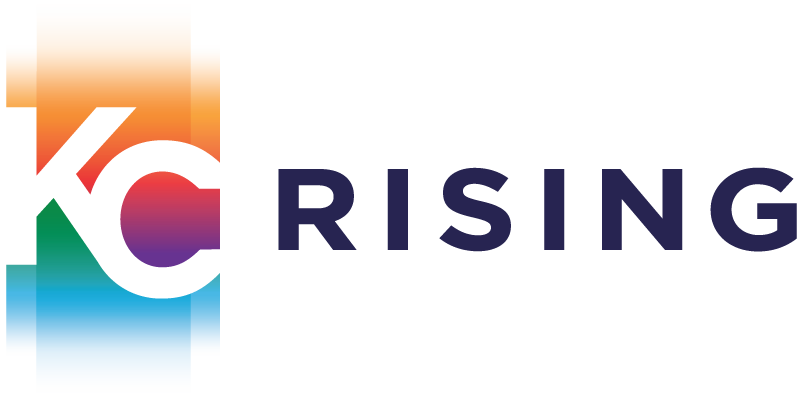Since its formation in 2013, the Middle Tennessee Regional Workforce Alliance has focused on balancing the talent needs of employers with the availability of a skilled workforce.
The Alliance — a partnership of the Nashville Area Chamber of Commerce, three workforce investment boards, the Tennessee Board of Regents, area community colleges, and colleges of applied technology — uses a data-driven approach based on a detailed study of the future of the Nashville region’s workforce.
“Strengthening the Middle Tennessee Region 2020: Building a Vital Workforce to Sustain Economic Growth and Opportunity,” published in August 2015, provided a comprehensive analysis of the challenges and opportunities the region will face over the next few years in matching workforce skills to employer needs. The report analyzed the Nashville area’s changing demographics, commuting patterns, current skills of the region’s workforce, education requirements for fast-growing jobs in key industry sectors, labor market dynamics, and trends, and anticipated gaps.
“We know that industry sectors critical to the region’s economic growth and prosperity have already begun experiencing difficulty attracting trained workers in sufficient numbers,” said Nancy Eisenbrandt, chief workforce development officer and COO at the Nashville Area Chamber of Commerce in recent blog posts in 2014 and 2015. “In core sectors, the ability of our region to balance the supply of and demand for workers will require an investment of time and resources in the coming years. By 2021, estimates suggest we could have as many as 35,000 open positions without workers to fill them.”
To help meet this need, the Middle Tennessee Regional Workforce Alliance launched three skills panels focused on industries of key importance to the regional economy: health care, information technology and advanced manufacturing. The skills panels have engaged the senior leadership of the Tennessee Board of Regents, four community colleges, six colleges of applied technology, four workforce investment boards and some 60 business leaders. Goals for the skills panels are to:
- Identify regional workforce skill and competency needs.
- Articulate emerging skills and competencies needed in each industry.
- Create and recommend solutions to close workforce skills gaps.
- Establish measures and evaluation to demonstrate the value and outcomes of their work.
“Significant systemic change is occurring in the Tennessee Board of Regents system as a result of the collaboration,” Eisenbrandt said in her blog.
The Alliance is also focusing on creating career pathways and ladders to help both individual workers and the region’s workforce overall. When a worker’s skill set continues to grow and evolve, he or she can advance along a career pathway as openings become available. And by helping to build a stronger workforce through training, education and experiential learning, employers are better positioned to address critical shortages in existing jobs and fill openings in emerging occupations.
Through KC Rising, the Kansas City region is working to develop its workforce along similar lines, with Talent-to-Industry Exchanges that will better align business needs with educational offerings, beginning with the life sciences industry, and postsecondary attainment initiatives such as GradForce KC, a community attainment partnership supported by Lumina Foundation; KC Degrees, a Graduate! Network affiliate focused on helping adults return and complete college degrees; and KC Scholars a new initiative the Kauffman Foundation will announce at the end of September.
